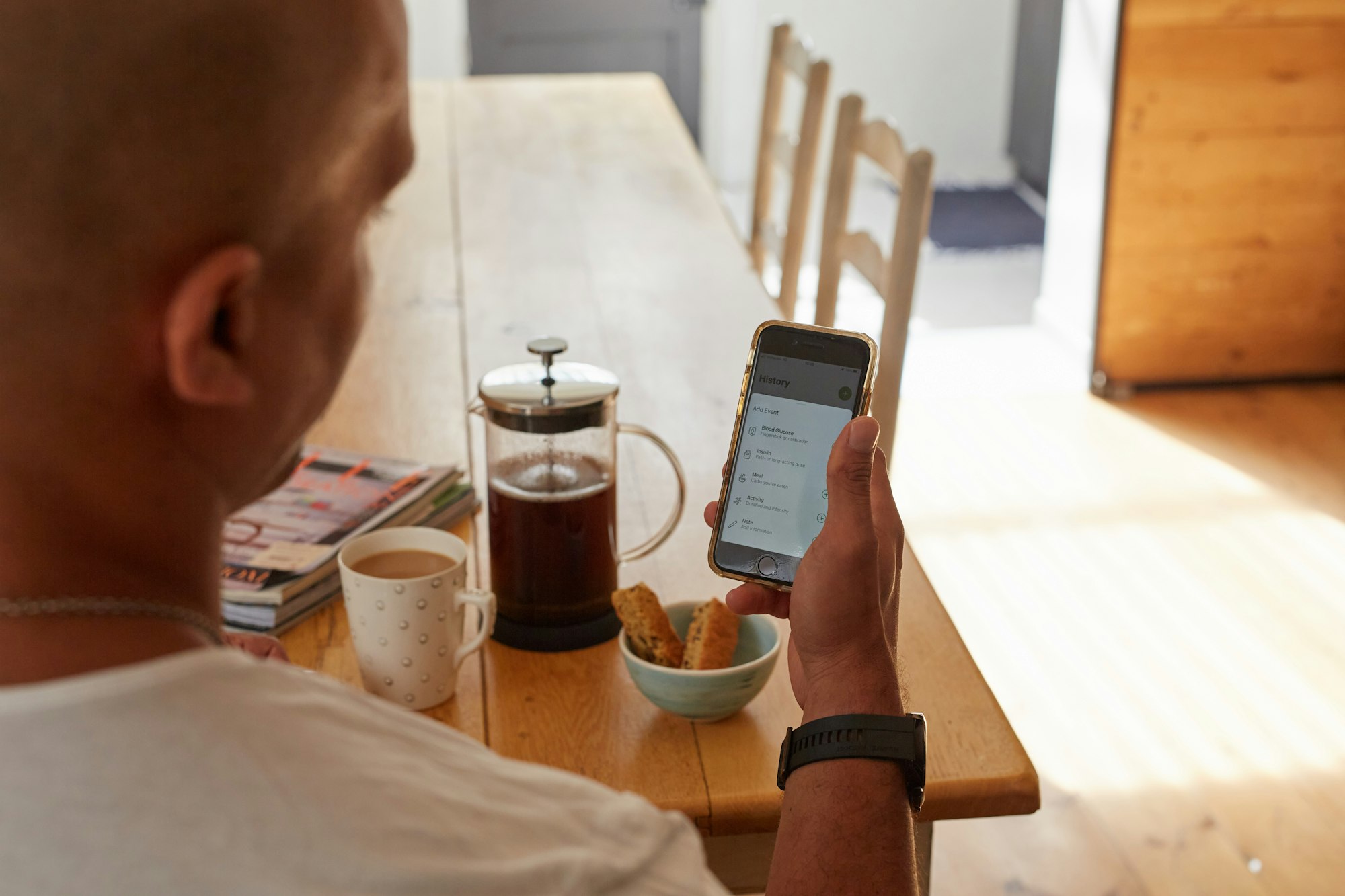Turkish university researchers develop a smartphone-enabled sensor to detect food spoilage

Roughly one-third of all food produced worldwide each year is lost or wasted, according to the Blue Food Assessment. That equates to almost 1.4 billion tons of food. Not only does it cost the world economy money, but it also contributes up to 10% of greenhouse emissions when food is produced but not consumed.
In addition to the economic and environmental costs, food waste also poses a health risk. When food spoils, it can produce harmful bacteria that can cause food poisoning. In response to these challenges, a team of researchers from Koç University in Turkey have developed a sensor that can detect food spoilage in real time by sending alerts to smartphones.

The researchers tested their sensor in packaged chicken breasts and rib steak to demonstrate the real-world application of the device. The meat samples were stored in different conditions: in a freezer, in a refrigerator, and at room temperature.
Indicating that biogenic amines were being produced from the meat as it rotted, the capacitance of the sensor tracking the room-temperature samples increased over three days. The researchers claim that this shows the sensor successfully detected spoilage.
This tool has the potential to completely change how we monitor and regulate food freshness. Dr Emin İstif, a Molecular Biology and Genetics, Kadir Has University and Levent Beker, an Assistant Professor of Mechanical Engineering from Koç University led the research team.





